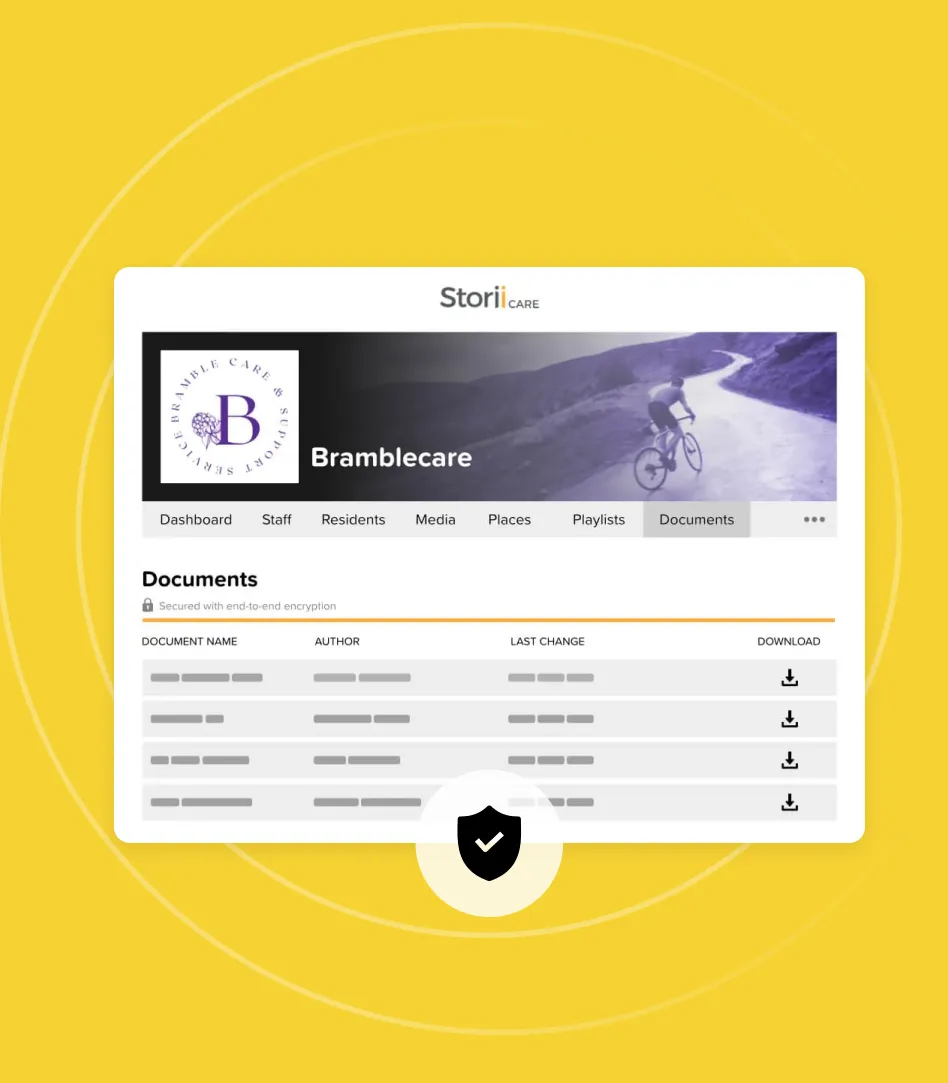Improving Care Staff Retention
It should not come as a shock to hear that the Care sector struggles with recruiting and retaining staff:
- The National Minimum Data Set for Social Care reports that 32% of Care Workers and Registered Nurses in England left their jobs in a one-year period.
- In a Scottish Care survey, 67% of services employing nurses, reported difficulties filling nursing posts.
There are many factors at play, and it will take a series of posts to talk about them all. So for now, let us focus on what care management teams can do to enhance existing practices to encourage a more engaged, committed workforce. As a support worker myself, after a tiring shift it helped if I could reflect on the good things that happened. For example, I felt far more positive about my job when the people I cared for enjoyed themselves or when I learned something new about them. These rewarding elements make the hard work and the not-so-good days worth it. What can be disheartening is feeling overwhelmed by paperwork, completing assessments and repetitive care notes. When staff feel they spend a disproportionate amount of time doing these non-contact tasks, and do not have enough time to do the quality, caring aspects of their job then this directly impacts on job satisfaction (Rubery, Hebson, Grimshaw et. al., 2011 ). Staff know the impact this imbalance has on their ability to provide quality, person-centred care. This uncomfortable experience comes as a result of the tug-o’-war between what staff know they need to do, and what they feel they should do. It’s known as Stress of Conscience. This contributes to staff burnout and can lead to a negative culture, poor working relationships and high staff turnover. These issues should be a real concern as they have a negative impact on the care experience of those we care for and their families.So what can we do to combat this? These are a few ways that service managers may be able to support and engage front-line staff. They are especially for teams where there has been a rise in staff turnover. It is never too late to change workplace culture in the home.
Listen
One way of engaging staff is by acknowledging their opinions and feelings about their place of work. There should be a safe space for this through suggestions boxes, as well as group and individual supervision. Your staff should see and hear that their concerns, ideas or opinions are not only heard but taken seriously and, where possible, actioned.
Recognise
Acknowledge and reward those who work hard and demonstrate high standards of care and teamworking. This does not mean overloading people with praise for every time they do their job. This means having a culture where those who show passion and initiative are recognised.
Ownership of decisions and development
Another way of encouraging ownership is to provide opportunities for staff to bring their particular skills, interests or hobbies into the workplace:
- Somebody who speaks another language could help to teach others.
- A keen photographer may enjoy taking charge of capturing the next fundraising event or party.
- If someone plays a musical instrument they might like to share their skill with the care home.
Staff with an interest in a certain area at work, such as a particular health condition, should be supported to harness this interest. This could be done by supporting them to attend further training, and perhaps act as a Champion for the service. This simple change can inspire others to pursue their own interests with the knowledge that they will be supported by their team.
Pace of work balance
The burden of recording information is always going to be there. The sector relies on this to evidence quality of care and ensures organisations are meeting their responsibilities for those they care for. However, the extent to which this impacts on staff doing their jobs can be reduced. Streamlined and well-organised care plans go some way to do this, as staff know where to find everything quickly. The next step up from this is embracing a digital recording tool. StoriiCare makes the recording of daily care and activities quick and easy, allowing staff to spend more time with those they care for.





.png)
.png)










